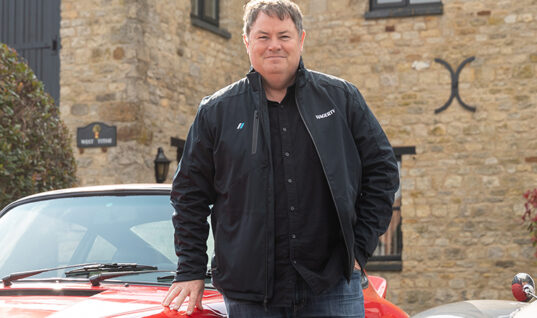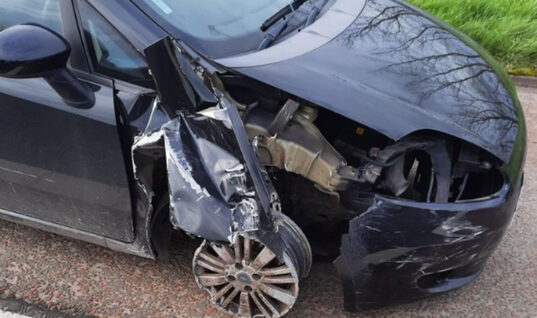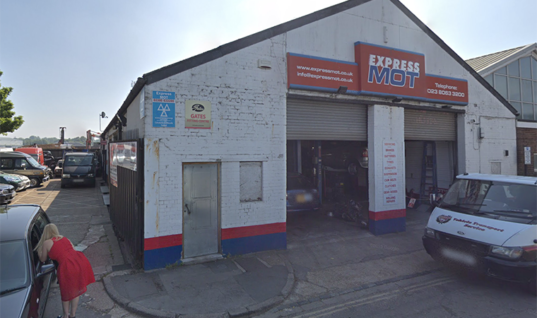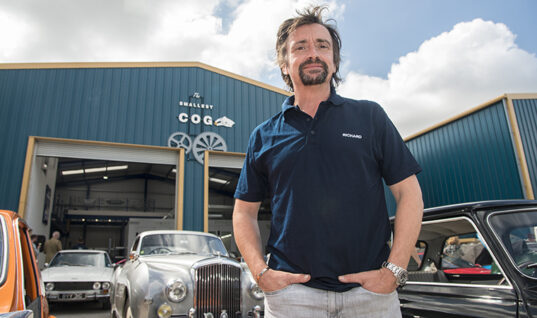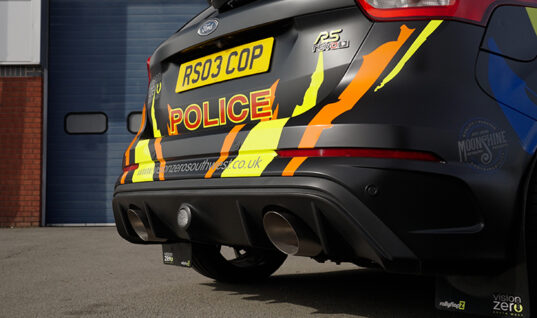Corteco has published tips and advice for technicians diagnosing and replacing cabin filters.
A Corteco spokesperson said: “If the cabin air filter is not replaced this can lead to an inefficient clean air flow and protection of the driver and passengers from a build-up of outside contaminants, eventually completely blocking the filtration process as the debris continue to build up, to avoid this there should be regular inspection and replacement.”
The supplier of components for the independent automotive aftermarket says cabin air filters are often overlooked and not replaced as often as they should be.
Often overlooked
For full functionality all filters should be changed or inspected every 12,000 miles or after 12 months.
Cabin air filters work to block out any pollutants and irritants emitted by other vehicles on the road, protecting the driver and passengers inside.
The spokesperson added: “Throughout the colder months, filters work to demist the windows and to keep them clear throughout our journeys providing us with better visibility guaranteeing you a safer drive.
“In the warmer months, a filters main job is to protect the driver and the passengers from pollen getting into the car causing sneezing fits or any other harmful pollutants entering your lungs.”
Common causes for cabin filter failure
- When removing a filter there are visible signs that can point to the cause of the filter failing. Often these are attributed to rough handling during installation. A visible sign is tearing across the pleats; suggesting a sharp object has been exposed to the non-woven material causing it to tear.
- It is important that all filters are kept dry during installation avoiding anything that could potentially spill onto the material.
- Wet filters allow fungus and bacteria to grow; moisture can block the air intake of the car causing steamy windows causing the filter to be less efficient.
- Incorrect handling of a product can have serious consequences, roughly handling can cause a filter to deform or for the bonding material to tear. Extra care is needed during the installation process to ensure gaps are not created allowing even the smallest contaminants to leak through.
Corteco advise that care needs to be taken during the initial selection process, getting the correct filter matched for the application is crucial.
The spokesperson added: “If the incorrect filter is installed it can cause problems such as bending pressured pleats and gaps.
“All these issues reduce the efficiency of the filter causing pollutants and irritants to leak into the vehicle damaging the health of the driver and their passengers.
Corteco’s range comprises of around 750 different cabin air filters.
Each filter comes with individual fitting instructions, which includes advised fitting timings.
For further information about Corteco, select ‘more details’ below.



